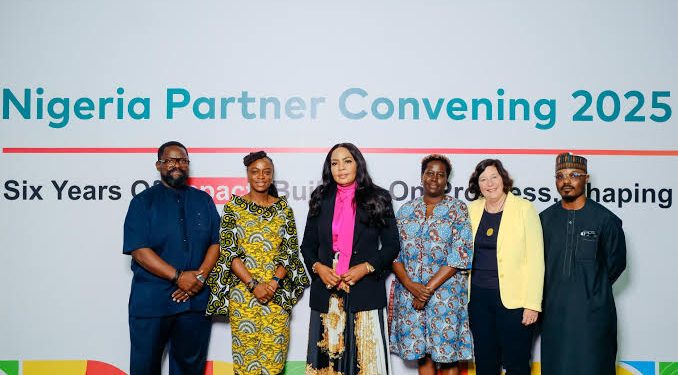The Federal Government has unveiled the National Job Centre Project, a nationwide network of employability hubs designed to connect trained Nigerians to real job opportunities while modernising the country’s labour market systems. The initiative was announced by the Minister of State for Labour and Employment during the Mastercard Foundation Annual Nigeria Partner Convening in Lagos.
Aligned with the Renewed Hope Agenda, the National Job Centres will integrate digital job matching, labour data systems and career advisory services to address long-standing gaps in job placement and workforce readiness. Positioned as labour infrastructure rather than a temporary programme, the centres aim to create a harmonised entry point for jobseekers, employers and training institutions.
According to the Ministry, the centres will serve as national employability hubs, enabling Nigerian youth to access verified vacancies, gain career guidance and build industry-relevant skills in line with local and global labour demands.
Alongside the Job Centre rollout, the government also introduced the Labour Employment and Empowerment Programme, LEEP, a flagship scheme focused on improving youth employability and easing the transition from training to work. LEEP will target issues such as skills mismatch, fair wages and workplace governance, ensuring that new employment pathways are both dignified and sustainable.
The Minister stressed that achieving widespread access to dignified work will require strong collaboration across government, private sector, development agencies and civil society. She called on stakeholders to partner with the Ministry to scale platforms like NiYA, LEEP and the Job Centres in order to absorb growing labour market pressure.
Recent data from Lagos highlights the urgency of these efforts. A survey by the Lagos State Employment Trust Fund reported over 46,000 jobseekers competing for just 22,630 job openings in 2024, with only 2,837 vacancies available monthly on average. While the competition remains stiff, a significant portion of applicants lack both education and experience, further complicating job matching.
To address this skills deficit, Lagos and other states have expanded internship schemes, graduate placement programmes and bursary interventions. In 2024 alone, Lagos disbursed over ₦849 million in scholarships and bursaries to more than 10,000 students to build a stronger educational pipeline.
By combining labour market infrastructure with employability programmes, the National Job Centre Project seeks to convert training into opportunity and ensure Nigerian youth can participate meaningfully in the economy, either as employees or emerging entrepreneurs.










